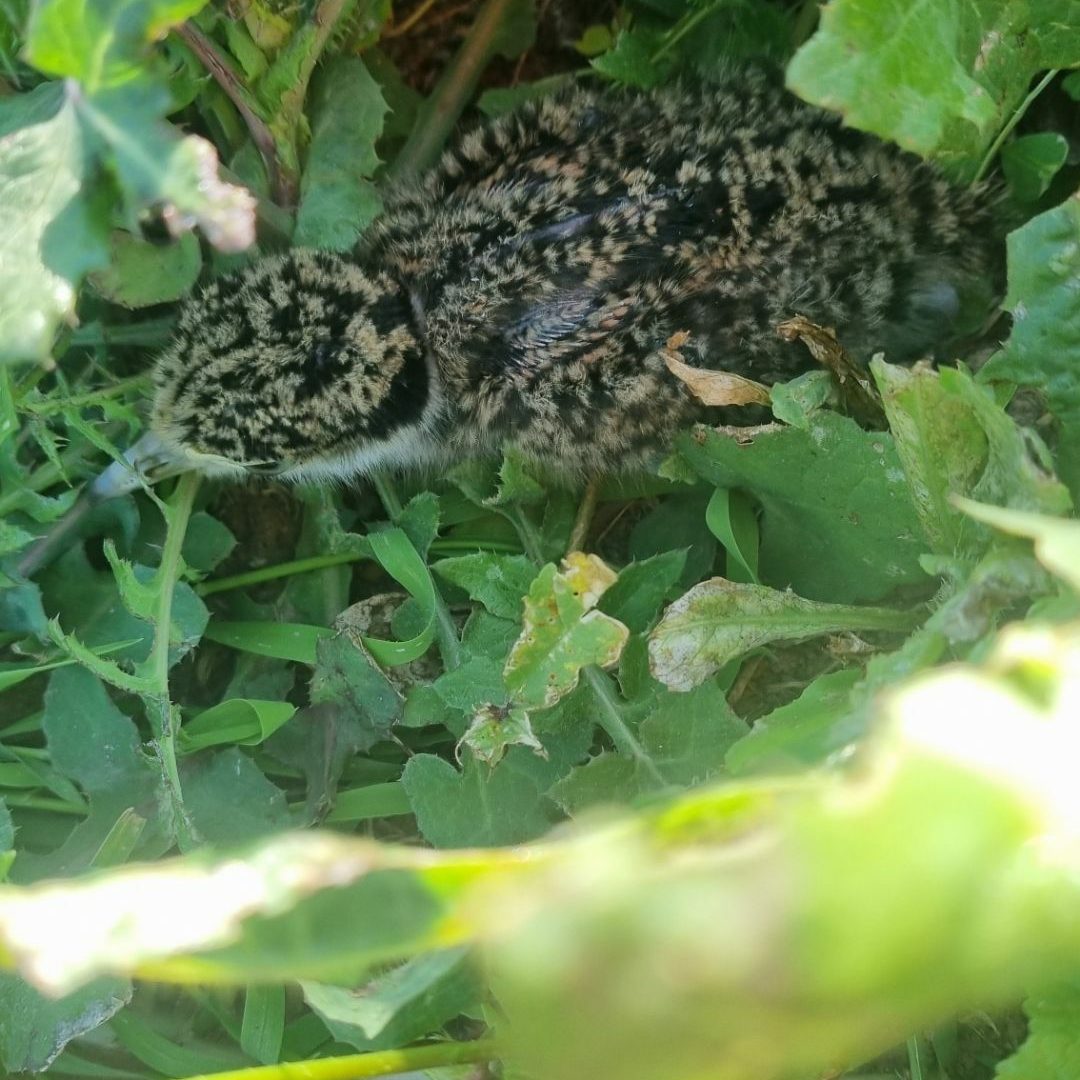TMK Halts Engineering Investigations to Protect Native Birds
Posted on October 10, 2024

In a demonstration of our commitment to environmental responsibility, TMK recently halted engineering investigations at one of our sites after discovering a group of nesting native Masked Lapwings, also known as Spur-winged Plovers. The decision was made to ensure the safety and protection of the birds, reflecting our understanding of the law protecting the breed and our commitment to their sustainability and conservation.
The masked lapwings can be identified by a thorny spur that projects from the wrist on each wing and due to their ground-nesting habits, means they are vulnerable during the breeding season. Upon discovering the nest, the onsite team immediately followed environmental best practices, suspending all work in the vicinity to avoid disturbing the birds and reporting the discovery to the local Council.
John Weber, TMK’s Environmental Lead and Environmental Scientist, commented, “At TMK, we take great pride in being responsible stewards of the land. Halting work to protect the masked lapwings is a necessary step to ensure their safety and uphold our commitment to preserving local wildlife.”
The company has since notified Marion Council following their protection guidelines. All work has been suspended around the nesting site to ensure the birds are not disturbed, and plans are underway to monitor their progress.
“We want to ensure that any activities minimise the impact of local fauna. It’s not just about the project; it’s about preserving the environment around us,” John added.
TMK is proactive in our approach to sustainability, with various initiatives aimed at reducing environmental impact across all its operations. By taking swift action to protect the Masked Lapwings, the company reinforces its core values of respect for nature and responsible development.
Work on the site will resume once the birds have safely moved on, and TMK remains committed to maintaining strict environmental standards throughout the project.
About TMK Environmental Services
TMK offers a comprehensive range of environmental services aimed at promoting sustainable development and minimising ecological impact. With a team of skilled environmental scientists and consultants, TMK provides expert assessments, environmental management plans, and compliance support for projects across various industries. Our services include biodiversity assessments, environmental impact assessments, habitat restoration, and monitoring programs, ensuring that all projects align with environmental regulations and best practices. TMK's commitment to sustainability is evident in our proactive approach to protecting local ecosystems, mitigating risks, and promoting responsible land use in every project they undertake.
Our services include (not limited to):-
- Lifecycle assessments
- Environmental site assessments
- Contamination investigations, assessments and remediation
- Environmental Impact Assessments
- Waste classification and management
- Health and ecological risk assessments
- Environmental management systems and auditing
Find out more about our services.
About the Masked Lapwings
The masked lapwing is sometimes referred to as the spur-winged plover because each of its wings is armed with a yellow spur at the ‘elbow’ (or carpal joint) — Indigenous people used to say that the birds were carrying yellow spears. Lapwings use these spurs when diving at potential predators or intruders during the breeding season, while chicks are running around or when the eggs are just about to hatch.
Masked lapwings are protected under the Nature Conservation Act 2002 and Nature Conservation (Wildlife) Regulations 2021.
Masked Lapwings live near marshes, mudflats, beaches and grasslands and are often seen in urban areas. They are very common across northern, eastern and southern Australia. They are notorious for its defence of its nesting site. This is particularly the case after the chicks have hatched. Adults will dive on intruders, or act as though they have a broken wing in an attempt to lure the intruder away from the nest.
